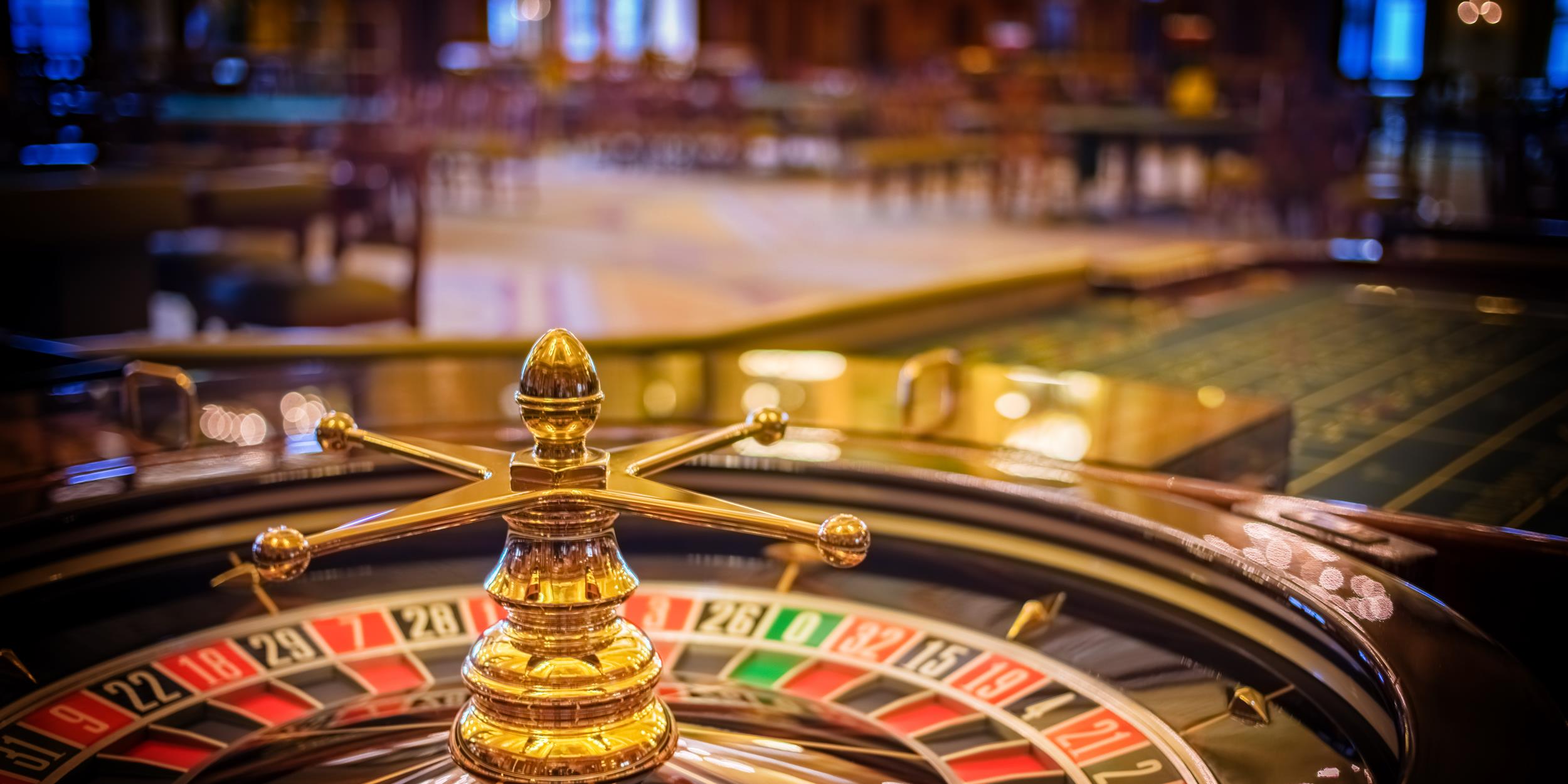Gambling games have long enthralled gamblers from all parts of society, enticing them into vibrant casinos filled with the sounds of spinning wheels, clattering chips, and cheering crowds. The thrill of chance and the allure of potential winnings create an exhilarating atmosphere that keeps players returning for more. Whether it is the excitement of a slot machine, the thoughtful play of poker, or the anticipation of a roulette wheel, casino games offer a unique combination of entertainment and risk that can be hard to resist.
At the heart of this fascination lies a psychological pull that varies from person to person. For a few, the rush of hitting a jackpot can elevate their mood, while for others, it’s a social experience that brings friends together. The colorful visuals, engaging sounds, and sometimes lavish environments of casinos further enhance the appeal, making each visit an experience waiting to unfold. As we delve into why gamblers are drawn to these games, we uncover the deeper motivations and emotions that fuel their love for the betting tables.
Understanding Gambling Psychology
The attraction of casino games frequently derives from the complex psychology of gambling as a whole. Many people are drawn to the thrill of risking money for the possibility of winning more, as it connects with a deep-seated human desire for thrill and reward. This rush can create a profound emotional experience. The combination of risk and potential monetary gain can stimulate a dopamine release, making players feel exhilarated.
Additionally, the design of casino games is designed to maintain players engaged. The use of vibrant lights, enticing sounds, and the communal environment of casinos can amplify the excitement. Players typically find themselves immersed in these environments, where the anticipation of a win encourages them to return. This sensory stimulation encourages prolonged play, as the immediate feedback from wins, however minor, reinforces the desire to gamble more.
Finally, cognitive biases play a significant role in gambling behavior. Many individuals fall prey to the illusion of control, believing they can affect outcomes even in games of luck. This belief can lead to overoptimism and the continuation of play, despite mounting losses. Additionally, gamblers often remember their wins more clearly than their losses, which can distort their understanding and intensify the desire to continue gambling. This multifaceted interplay between emotions and cognitive factors helps illustrate why so many are drawn to casino games.
The Allure of Gambling Environments
The vibe of a gambling establishment is uniquely captivating, drawing in players with its blend of thrill and eagerness. The sights and sounds of whirling gaming machines, excited participants, and the steady clinking of tokens create an immersive experience that is hard to ignore. The bright lights and energetic layout foster a feeling of energy that keeps gamblers engaged and invites them to remain longer. https://da88f.app/ This contagious setting contributes to the overall appeal of gaming games, enticing both new and experienced players alike.
Moreover, casinos are crafted to arouse the senses in a manner that makes players feel as though they are starting on a exciting expedition. The purposeful arrangement of entertainment choices, comfortable areas, and on-the-house snacks enhance the overall value, making visitors feel valued and treated well. Many gaming centers also incorporate artistic decorations and lavish motifs that take visitors to different realms, amplifying the excitement. Such settings foster a notion of freedom, allowing bettors to ignore their everyday routines and plunge into the thrilling realm of risk.

Ultimately, the presence of other players amplifies the interpersonal dimension of gambling, creating a shared rush. Connections among gamblers, either through friendly chitchat or collective excitement during a significant victory, cultivate a notion of bonding that many find tempting. This social connectivity enhances the adventure of playing casino experiences, transforming it from a single endeavor into a joint adventure. The combination of anticipation, engaging environments, and communal ties makes gaming venues an irresistible destination for gamblers seeking fun and a chance to profit.
Grasping Game Dynamics
Gambling games are crafted with unique mechanics that attract players. Every game has its own set of rules, betting structures, and probability ratios, allowing players to engage with the game on diverse levels. The thrill of making a bet and the anticipation of the outcome creates an electric atmosphere. Grasping these mechanics can enhance a player’s appreciation for the game and elevate their overall experience.
Another crucial aspect of game mechanics is the principle of randomness. Many casino games, especially video slots and table games, rely on random number generators or shuffling to determine outcomes. This randomness is what keeps players returning; the unpredictable nature of the game creates a notion of possibility and excitement. Knowing that each play or hand is independent of the last contributes to the appeal, as players believe they have a chance at winning, regardless of past outcomes.
Finally, the emotional response connected with game mechanics should not be underestimated. The excitement of a big win or the tension during critical moments are integral to the enjoyment of casino games. These emotional highs and lows utilize psychological triggers that keep players engaged for longer periods. Comprehending these emotional responses to game mechanics can help explain why so many are drawn to the thrill of casino games, continually seeking that next exhilarating moment.